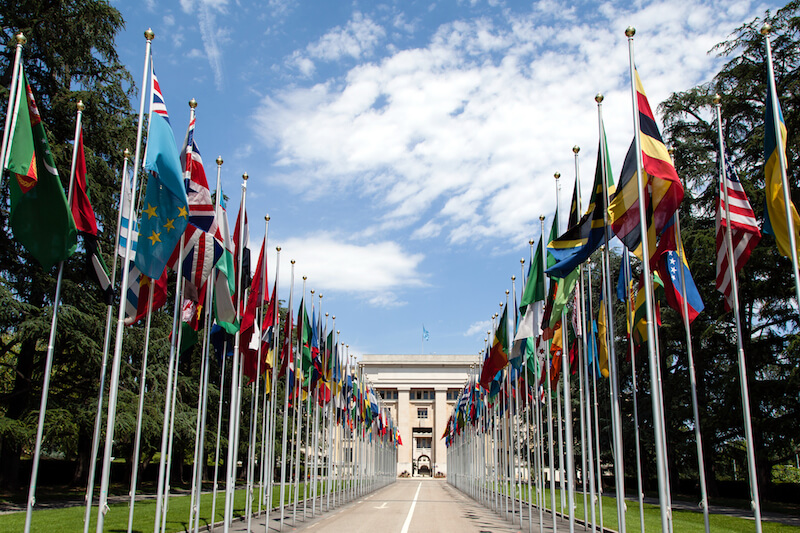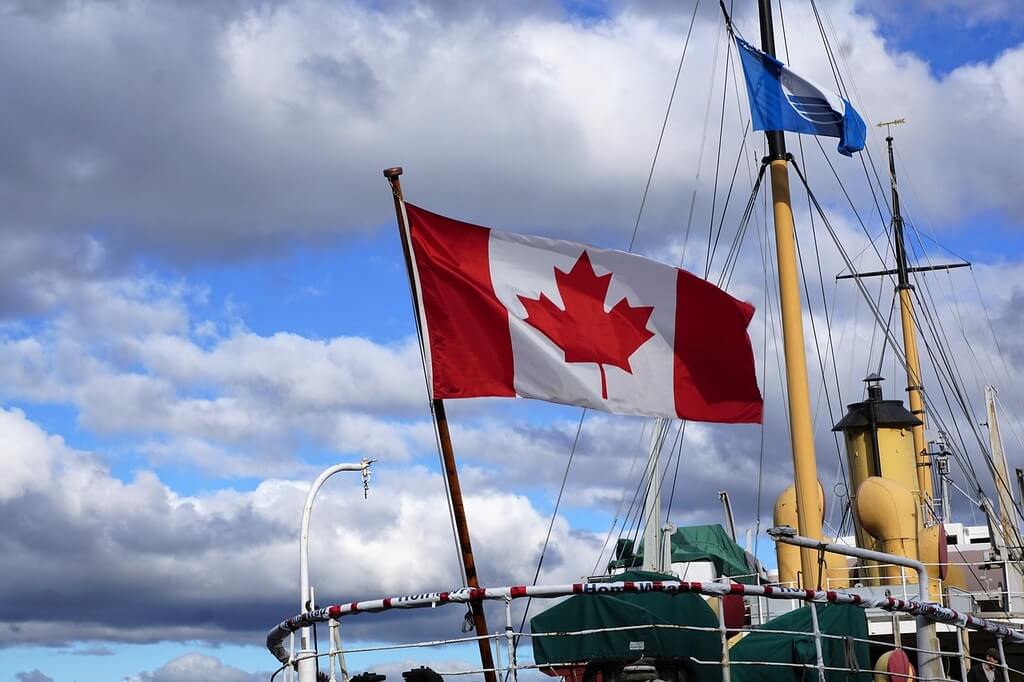
Policy Background and Core Details
Canada’s Parent and Grandparent Program (PGP) is a pathway for Canadian citizens, permanent residents, and registered Indians to sponsor their parents or grandparents for permanent residency. Due to the overwhelming number of applicants exceeding the available spots, the program employs a lottery system to issue invitations to apply.
IRCC announced that in 2025, no new PGP applications will be accepted. Instead, only applications submitted in 2024 will be processed, with an annual cap of 15,000. For comparison, the target for 2024 is 32,000 applications, while the 2023 Immigration Levels Plan originally set a 2025 target of 34,000 applications. However, this has now been significantly reduced to 24,500.
Reasons for the Suspension and Its Impacts
The primary reason for this suspension is the overall reduction in immigration targets for 2025. According to the latest Immigration Levels Plan, IRCC has cut permanent resident admission targets by 20%, with family reunification immigration programs, including PGP, also affected. This policy adjustment reflects Canada’s effort to balance immigration quotas with economic capacity and societal resources.
The suspension of new PGP applications will directly impact families hoping to sponsor their parents or grandparents for permanent residency in 2025. The potential implications include:
1. Emotional and Financial Impact on Families:
Some families may face extended waiting times for family reunification, creating emotional and logistical challenges. Additionally, without the option to apply for permanent residency, applicants may incur costs associated with alternative routes, such as super visas, which require private health insurance.
2. Increased Demand for Super Visas:
Super visas allow parents and grandparents of Canadian residents to visit Canada for up to five years and can be renewed. As PGP quotas shrink, the super visa will likely become a popular alternative for family reunification. However, the requirement for private health insurance may pose a financial burden for lower-income families.
3. Signals of a Shift in Immigration Priorities:
The reduction in PGP quotas and the suspension of applications suggest that Canada’s immigration policies are increasingly prioritizing economic and labor-focused immigration streams over family reunification programs.
Future Outlook and Recommendations
With the suspension of new PGP applications in 2025, the super visa will serve as the primary pathway for many families to reunite. However, this shift may place additional financial strain on applicants, particularly concerning private health insurance and related expenses.
For those hoping to achieve family reunification through the PGP, it is essential to stay updated on IRCC announcements and prepare documentation early to seize opportunities when policies are adjusted. Additionally, proactively planning for a super visa can provide a temporary solution while waiting for future policy changes.
Conclusion
Canada’s decision to suspend new PGP applications in 2025 marks a significant adjustment to family reunification immigration policies. While this presents a challenge for affected families, it also serves as an opportunity to reassess family reunification strategies. Moving forward, how Canada balances family reunification with economic immigration priorities will remain a focal point for stakeholders and families alike.









